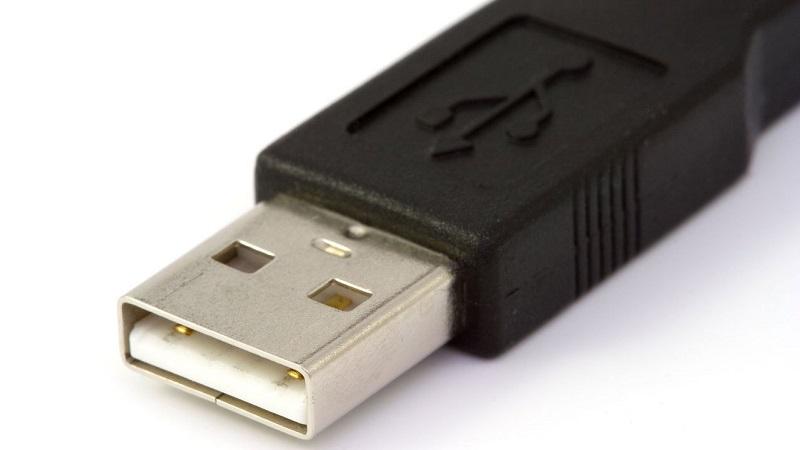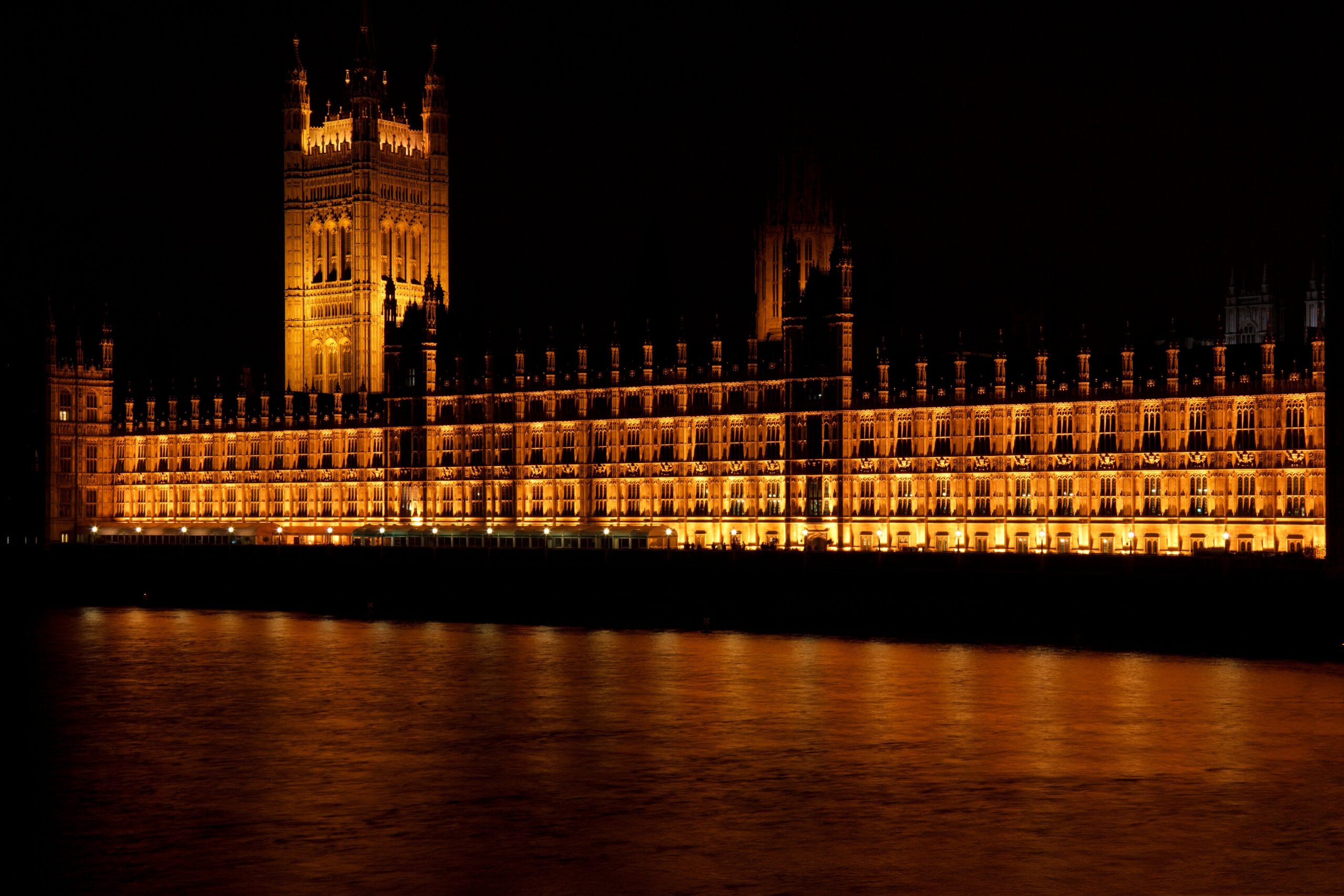Justice ministry’s purchases included branded USB cables, while MoD’s info is ‘riddled with anomalies’, according to report
Credit: PublicDomainPictures/Pixabay
The Ministry of Justice spends far more than any other government via procurement debit cards – but there are significant gaps in data on this kind of spending, according to analysis from the Labour Party.
A research dossier compiled by the party finds that departments spent £145.5m using government procurement cards in 2021-22 – compared with £84.9m in 2010-11, according to a database compiled using public transparency data, freedom of information requests, and parliamentary questions.
The biggest spender was the Ministry of Justice, which recorded £84.9m in GPC transactions last year – up from £36.9m in 2010-11 – and accounts for 58% of the total.
Among the items bought by the ministry using a debit card were several pieces of branded merchandise – including MoJ-labelled USB cables, which were acquired at a cost of £4,019 and were distributed to staff participating in a virtual conference. HM Prison and Probation Service – an MoJ executive agency – spent £9,236 on branded hand sanitise.
It covers the 14 main Whitehall departments, with the exception of the Ministry of Defence, whose data was “neither reliable nor comprehensive enough” to include, Labour said.
The Foreign, Commonwealth and Development Office spent £34.4m in the 2022 fiscal year, while DWP racked up £8.6m of purchases on a government debit card.
Related content
- Analysis: gaps in procurement transparency are nothing new
- Government plans unified online platform for public sector spend data
- Analysis: A few pioneers, but councils and NHS still show limited uptake of digital outcomes
Labour’s research covered 14 major Whitehall departments – with the Ministry of Defence excluded as the information available was “neither reliable nor comprehensive enough” to include, according to the party, which also pointed to other examples of incomplete record keeping by departments.
Each department is required to publish data on its spending over £500 each month. Labour also requested records of spending on GPCs under £500 for each department, which are included in the publication and which account for £43.53m of total spending.
However, the Home Office was “unable to provide” figures for its sub-£500 payments, the dossier said.
The department has something of a track record of failing to publish spending information – and has not met its obligations to publish quarterly data on spend control approvals since 2018. In response to a freedom of information request from PublicTechnology – three years ago – the department declined to provide the requested information on the grounds that it would be made publicly available in due course. It remains unpublished.
Miscategorised
According to Labour, for a large number of purchases recorded in departments’ monthly spending data, the “spending category” and/or “merchant category” – which is used to set out clearly what the spending is for – are left blank
Of the 50 largest transactions recorded in the data, 24 give no information on the category of goods or services being bought, and 32 give no information on the type of supplier.
Meanwhile, a number of transactions were incorrectly classified.
For example, the FCDO spent a total of £21,552 on five new ministerial red boxes and 13 ministerial red folders from specialist supplier Barrow Hepburn & Gale in 2021-22, but recorded them only as purchases from “computer software stores”.
An October 2021 payment to trade consultancy DMA Invest Ltd, to support an event promoting UK expertise in renewable energy to Nepal, was categorised under “bands, orchestras and miscellaneous entertainers”.
Aeroplane tickets costing £1,372 for UK officials “to deliver underwater counter-terrorism training at the Maldives Police Academy” were categorised as “computer equipment and services”; as was £1,190 spent at a leisure complex in the Maldives. When questioned, the FCDO said the latter was “a UK-hosted diplomatic event with key Maldivian government contacts”.
And payments totalling £4,333 to a company called Finishing Touches – which the FCDO said when questioned was for building work in Gibraltar – was recorded under “barber and beauty shops”.
As well as gaps in departmental data, the dossier highlighted failures to publish spending figures in a timely manner.
The MoJ and DCMS “had to be repeatedly harried” through parliamentary questions into publishing their full data for 2021-22, according to the dossier, and the MoJ and the Treasury have yet to publish any GPC data for 2022-23.
Government procurement cards are used to reduce payment processing times, increase operational efficiency and support the government’s prompt payment initiative for small and medium enterprises.
A policy on the use of procurement cards published by the Crown Commercial Service in 2017 said they were the “the recommended method of purchasing and paying for goods or services under £10,000”.
In 2020, in response to the outbreak of the Covid pandemic, the limit was increased to £20,000 in a single transaction, and up to £100,000 for certain senior officials. The limit could be increased to more than £100,000 in some cases to meet business needs.
Labour deputy leader Angela Rayner said: “Today’s shocking revelations lift the lid on a scandalous catalogue of waste, with taxpayers’ money frittered away across every part of government, while in the rest of the country, families are sick with worry about whether their pay cheque will cover their next weekly shop or the next tranche of bills.”
Rayner said the Labour Party would set up a new watchdog, Office of Value for Money, to monitor civil service spending more closely.
But transport minister Richard Holden said the government should not “introduce more bureaucracy… to administrate the other administrators”.
Responding to criticism of the level of spending, Holden told Sky News: “If everything had to be invoiced, you can’t actually do stuff that you need to do and it can be more expensive and add more bureaucracy.”
However, he said departments should be transparent about their spending, pointing to monthly transparency reports.
“Sunlight is a great disinfectant for this sort of stuff,” he said. “And, so, I think that’s why it’s so important that we’re as transparent as possible with what the government spends.”




